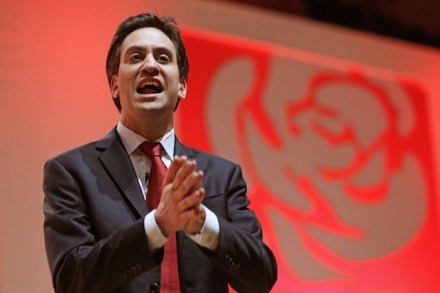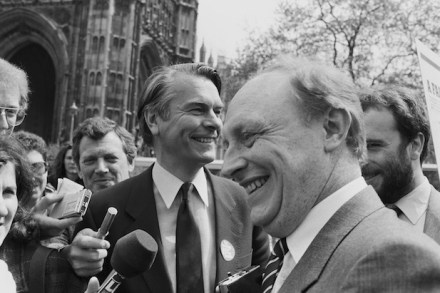Wales is a nightmare vision of Ed Miliband’s Britain
If politics was science, you would call Wales the ‘control’ group, for public service reform. Here is a country where Labour are the only game in town and a socialist philosophy which places a monopolistic state provider at the centre of health care and education reigns supreme – yes, even more supreme than the pupils and patients this system is designed to serve. In fact, in devolved Wales, Labour are running the public services as Ed Milliband would like to see them; a Labourite utopia of State supremacy, with none of the so-called evils of alternative providers getting in the way of the tight grip of the State. So how





















